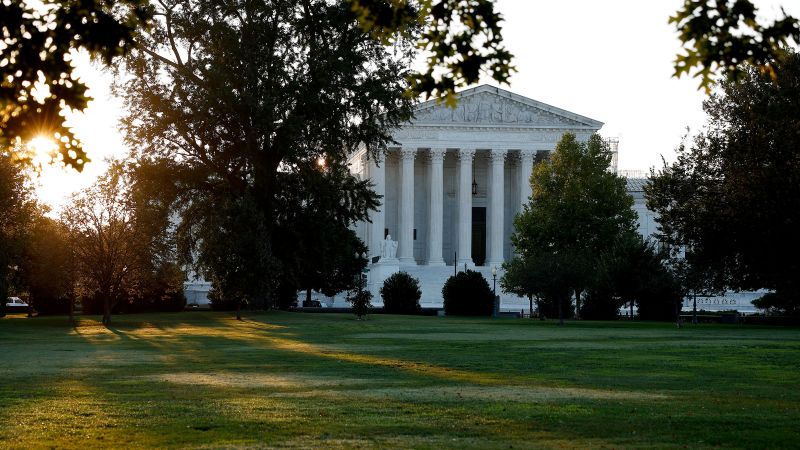
Takeaways from the Supreme Court arguments on Texas’ age-verification law for porn sites
CNN
A majority of the Supreme Court signaled Wednesday that Texas may be permitted to require some form of age verification for pornographic sites, but left open the possibility that deeper First Amendment questions may not be resolved immediately.
A majority of the Supreme Court signaled Wednesday that Texas may be permitted to require some form of age verification for pornographic sites, but left open the possibility that deeper First Amendment questions may not be resolved immediately. After two hours of oral argument, the court’s conservatives appeared in sync on the idea that states should be able to impose some kind of requirement to ensure that minors can’t easily access obscene material online, while several justices flagged concerns about their ruling spilling over and affecting other First Amendment rights. Texas’ law is similar to more than a dozen others across the country that require users to submit some form of proof of adulthood. But the porn industry challenged the law, asserting that it chills the ability of adults to access protected content. While the court seemed skeptical of that argument, it also seemed likely to offload some of the thornier First Amendment questions to a lower court. Both the 5th US Circuit Court of Appeals – and the Supreme Court itself, on an emergency basis – allowed the law to take effect last year. A decision is expected by this summer. Here are key takeaways from Wednesday’s arguments:

White House tries to calm industry worries over migrant workers amid aggressive deportation campaign
Senior Trump officials and the president himself have grappled with the consequences of their immigration crackdown against a key portion of the workforce: migrant workers.





















 Run 3 Space | Play Space Running Game
Run 3 Space | Play Space Running Game Traffic Jam 3D | Online Racing Game
Traffic Jam 3D | Online Racing Game Duck Hunt | Play Old Classic Game
Duck Hunt | Play Old Classic Game










